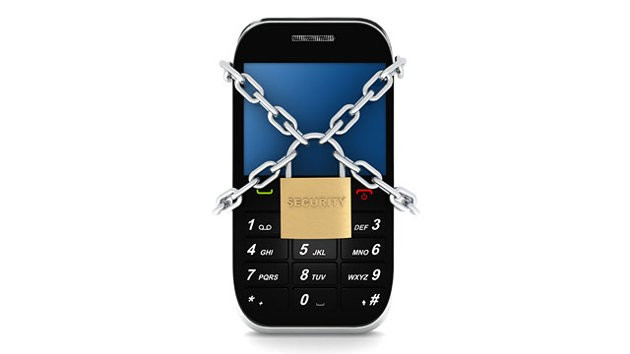Unlocking Phones Now Illegal in US
Users must apply for permission to access more than one network
US smartphone users must now receive permission from carriers to 'unlock' their devices and access more than one mobile network.

In October, 2012, the US Librarian of Congress changed the Digital Millennium Copyright Act (DMCA) to prevent users from unlocking their phones and using them to access multiple service providers. However, the change also allowed for a temporary, 90-day period before the new legislation would be put in place, during which users would be free to unlock their devices.
That period ended on Saturday, 26 January, and it is now illegal for American smartphone users to unlock their phones without permission from their service providers.
Unlocking phones allows people travelling in foreign countries to access local mobile networks and avoid large bills from their domestic providers.
However, in its ruling on the changes to the DMCA, the US Federal Register explained that since several providers offered unlocked versions of phones already, there was no reason that users should be legally allowed to unlock phones themselves. In it's original ruling, the Federal Register explained:
"While it is true that not every wireless device is available unlocked, and wireless carriers' unlocking polices are not free from all restrictions, the record clearly demonstrates that there is a wide range of alternatives from which consumers may choose in order to obtain an unlocked wireless phone.
"Thus, the Register determined that with respect to newly purchased phones, proponents had not satisfied their burden of showing adverse effects related to a technological protection measure."
US service provider Verizon sells pre-unlocked versions of each phone it stocks, while AT&T unlocks any device which is out of contract. Many Us phone users unlock their devices in order to be able to use them abroad with a different network, allowing them to make big cost savings.
In response, Electronic Frontier Foundation attorney Mitch Stoltz told Engadget that the changes to the DMCA would deprive users who unlock their phones themselves of any legal defence, and reduce the value of the used phone market, where locked devices sell for less money:
"What's happening is not that the Copyright Office is declaring unlocking to be illegal, but rather that they're taking away a shield that unlockers could use in court if they get sued," Stoltz said. "This shows just how absurd the Digital Millennium Copyright Act is: a law that was supposed to stop the breaking of digital locks on copyrighted materials has led to the Librarian of Congress trying to regulate the used cellphone market."
An online petition to the White House to make the unlocking of phones legal again has already received more than 25,000 signatures:
"As of January 26, consumers will no longer be able unlock their phones for use on a different network without carrier permission, even after their contract has expired," the petition explains. "Consumers will be forced to pay exorbitant roaming fees to make calls while traveling abroad. It reduces consumer choice, and decreases the resale value of devices that consumers have paid for in full.
"We ask that the White House ask the Librarian of Congress to rescind this decision," the petition continues "and failing that, champion a bill that makes unlocking permanently legal."
The petition has until 13 February to reach its goal of 100,000 signatures.
© Copyright IBTimes 2025. All rights reserved.






















